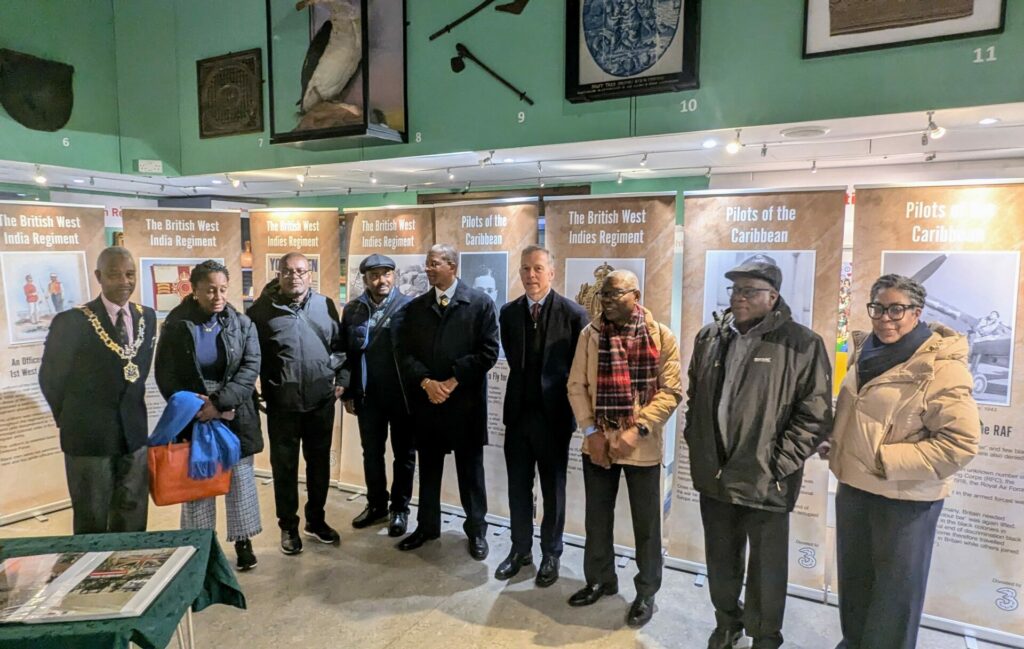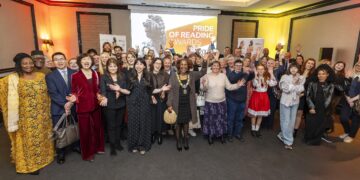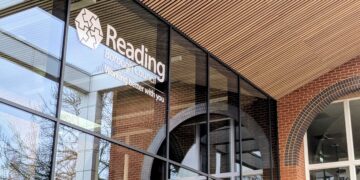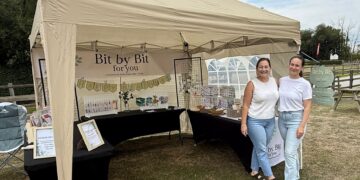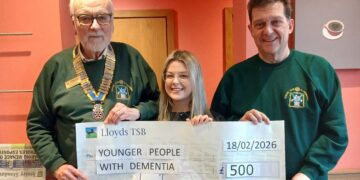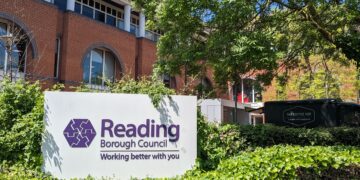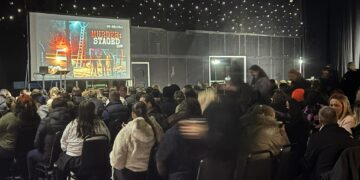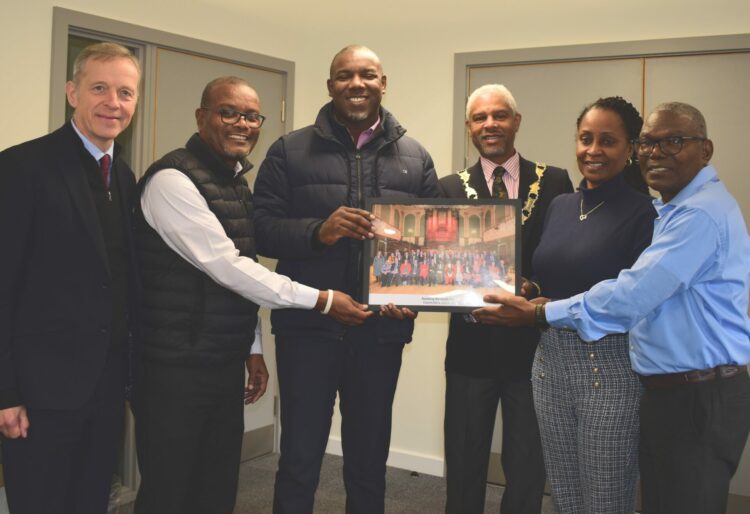ON FRIDAY, Reading welcomed a delegation of senators and parliamentarians from Barbados as part of government exchange programme.
Five members of the Barbadian government visited the UK to learn more about how British government functions and how MPs offices work.
The programme was led by the Commonwealth Parliamentary Association UK and saw attendees Senator John King, Senator the Hon. Lindell Nurse, Dr Romel Springer MP, Mr Peter Phillips MP and Beverley Gibbons JP, Deputy Clerk of the Parliament of Barbados, visiting Reading.
They were first given a tour of the constituency office of the Reading Central MP, Labour’s Matt Rodda, as well as visiting the civic centre, where they met with the mayor of Reading, Cllr Glenn Dennis; the leader of the council, Liz Terry; councillors; and members of the Barbados and Friends Association.
They also attended a tailored exhibition at Reading Museum, which showcased artifacts detailing the stories of people who travelled to the UK from the Caribbean.
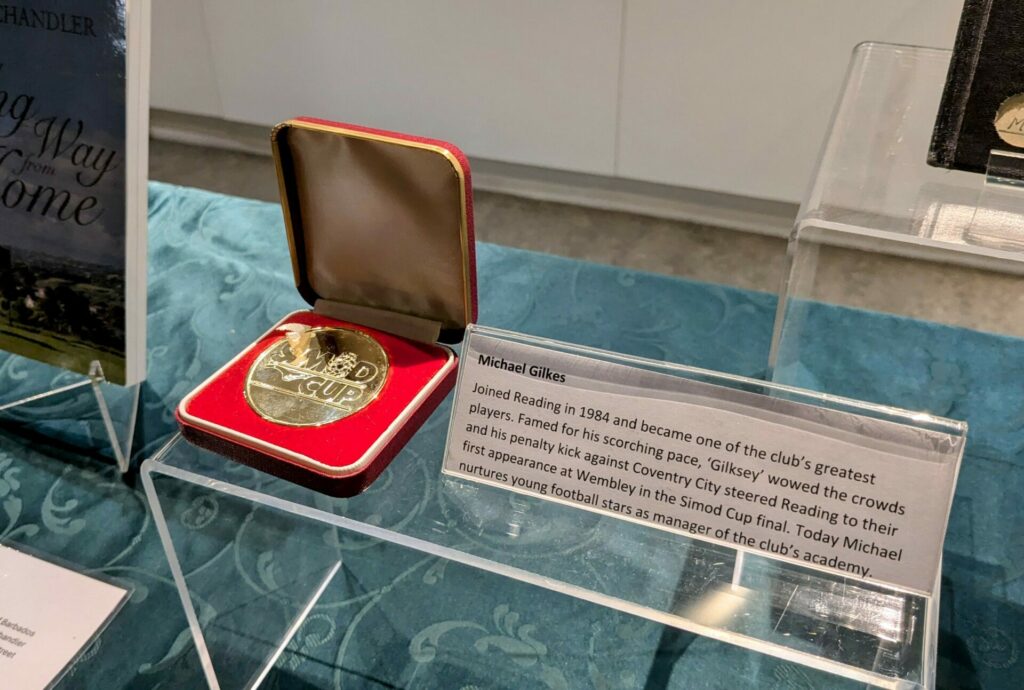
Reading is twinned with Speightstown, the second city of Barbados, and to which many of Reading’s Barbadian residents had close links or travelled from.
Residents from the Caribbean have contributed significantly to some of Reading’s most iconic industries and services, such as the Huntley and Palmer biscuit factory, the Royal Berkshire Hospital, Reading Buses, the Gillette Factory in Whitley, and the Adwest aircraft Factory in Woodley.
During the 1990s, around 4,000 Barbadians were living in Reading, and the Barbados and Friends Association committee, then led by Anderson Connell, worked with mayor Tony Jones to select Speightstown to be twinned with Reading after the turn of the millennium.
The twinning was formally completed in January 2003, when His Excellency, The High Commissioner for Barbados, Mr Peter Simmons, and the Deputy High Commissioner,
Mr Herbert Yearwood attended the ceremony alongside then-mayor Cllr Janet Skeets when the twinning ceremony was completed on January 21, 2003.
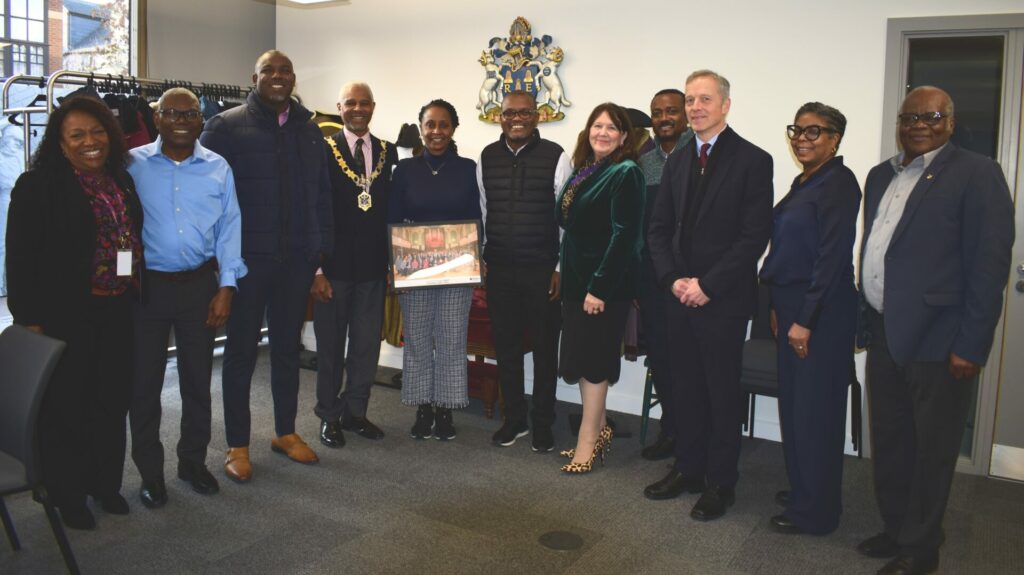
Dr Romel Springer said at the event: “It’s thrilling to be here, where we actually get to learn a lot about our history during those generations and how the composition of Reading has changed as a town.
“The preservation of the history of movement of people is so important; often younger generations, be they first, second, or third generation, they should know what their parents went through to get here and get a sense of that period.
“Things were extremely difficult for Caribbeans in 50s, 60s, and 70s: we had fewer opportunities for development and people were forced to come to the UK, and it’s very strange.
“In many cases, there were alone, coming here to forge a living, and got themselves into a position where they could support their families.”
He explained: “It also brings awareness to the fact that there are opportunities for Caribbean people here in the UK; they opened that door.
“So it’s important that that story is told, especially as we often take it for granted what our ancestors went through to settle here; that should never be forgotten.
“Museums like this one have done a fantastic job in preserving that history of our people and telling their stories.”
Guja Bandini, Learning Officer at the Museum of Reading, said following the event: “It was incredible to welcome the delegation.
“While I’ve met members of the Caribbean community in Reading and had the chance to work with them many times, to have the chance to show people visiting from there what we have put together was very exciting.”
She explained that exploring the stories of sidelined communities: “Is the main thing we should do, in particular as a local museum.
“It shows us how we are and why we live the way we live, as well as how to live better and build a better future.”
“The only way we can do it is by understanding where we’ve come from– through knowing the past, both good and bad.”
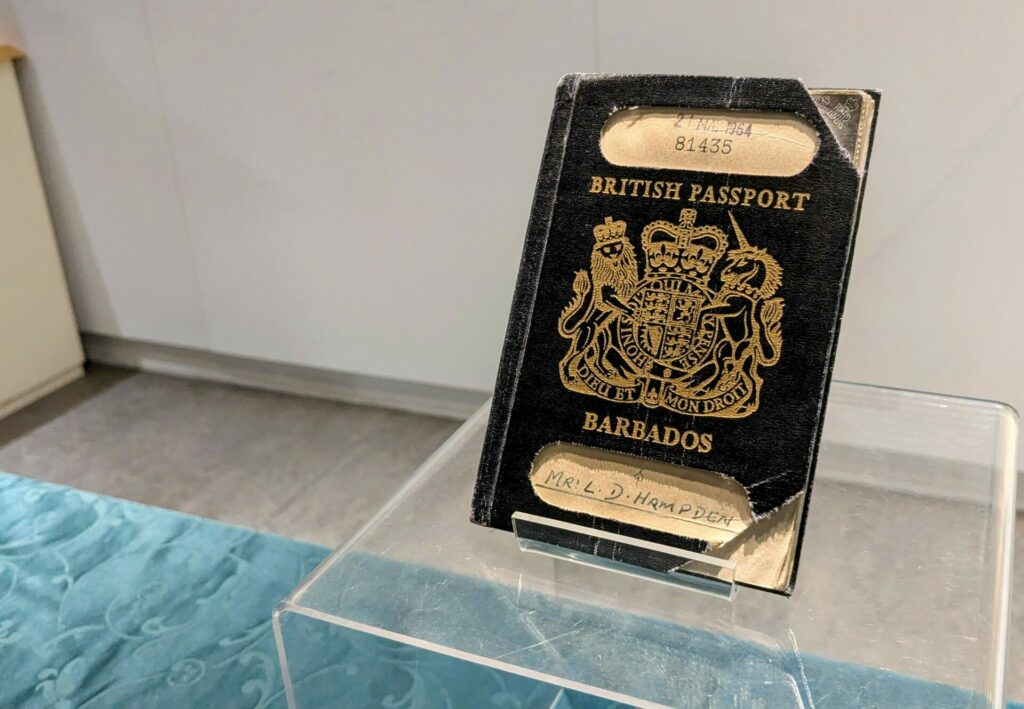
“Particularly for Reading Museum, that’s always been one of the main aims, so working with schools and as the learning officer, this is part of the curriculum, that focus on heritage and diversity.
“It absolutely reflects Reading as a town; I’ve lived here for quite a few years now, and it’s one of the reasons I decided to come here, that diversity.”
Matt Rodda, Reading Central MP, said it was “absolutely wonderful” to welcome the delegation.
“We’ve had such positive, helpful talks about our roles as MPs, and interestingly so many of the issues we’ve been talking about are the same.
“Among them was water supply, which is something I’ve been dealing with in Caversham this week, and there are so many aspects in common with our parliamentary systems.
“I’m very pleased with the visit and the role of the Commonwealth Parliamentary Assosciation in organising this.”
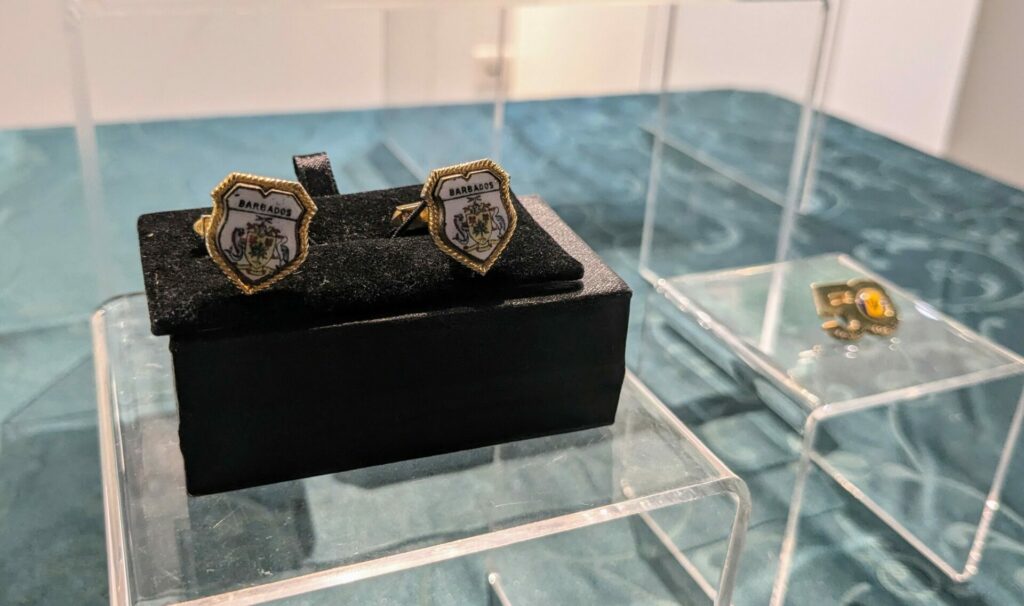
Mayor of Reading Cllr Glenn Dennis said: “It was very interesting when I was approached by Matt [Rodda] and that Reading was chosen as a destination.
“Parliament is in London, so I thought it would have been sent to a London borough, but Reading was absolutely an appropriate choice.
“With our twinning with Speightstown, it’s a great choice, so I hope it will continue to strengthen our bonds, especially as our twinning with the city deserves some invigoration.”
